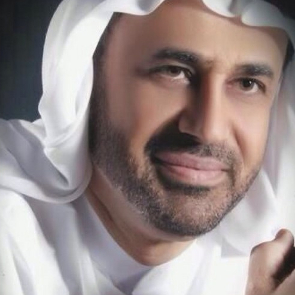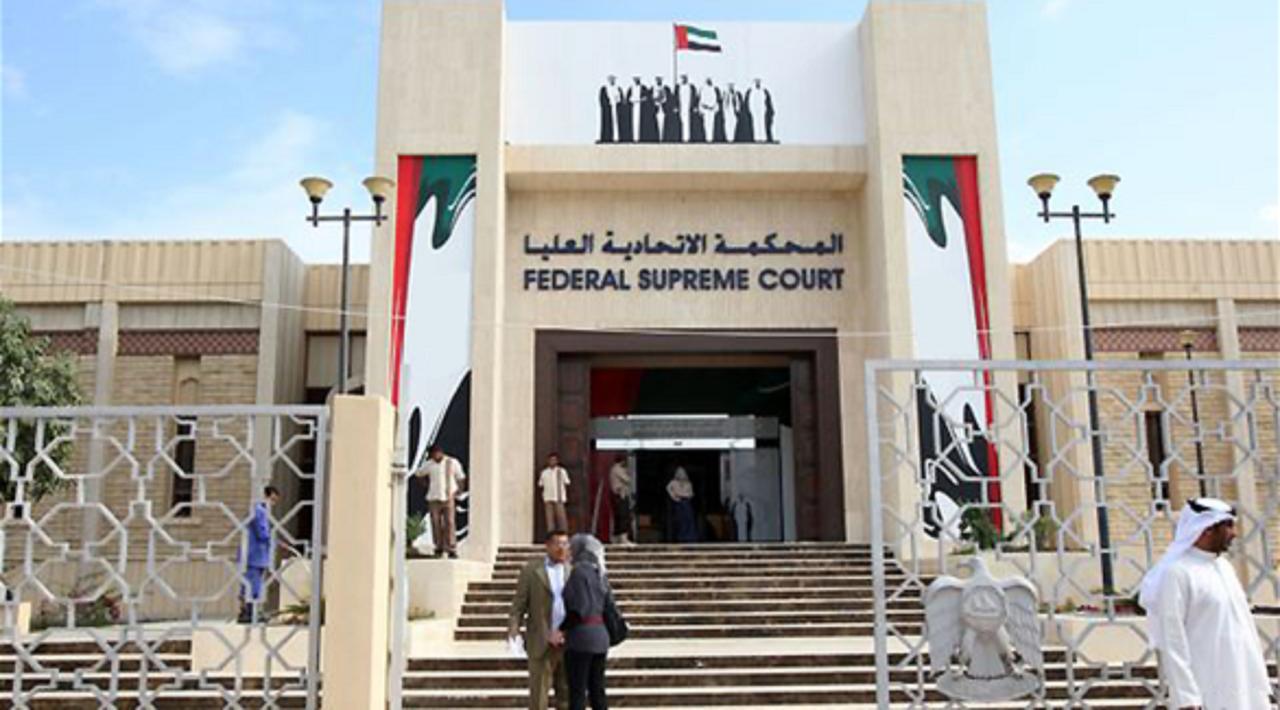
Mohamed Al-Roken
“I am an optimist by nature. I imagine that the future is built on this idea of human rights and its culture. He who does not feel that he lives in a free society that makes him feel equal to others will feel that his humanity is incomplete. There is a saying that in a confrontation between the river and the rock, the river always wins. Not because of its strength, but because of its perseverance. Those working for human rights in the GCC region are not strong, but they have perseverance”.
Leading human rights lawyer Mohamed Al-Roken has been at the forefront of providing legal assistance to victims of human rights abuses in the United Arab Emirates (UAE), including to fellow human rights defenders. He is a former president of the UAE’s Association of Jurists, holds a PhD in Constitutional Law from the University of Warwick, UK and is a member of the International Bar Association. He has written several books on human rights, counter-terrorism laws and freedom of expression.
In 2011 Mohamed Al-Roken was one of 133 UAE citizens to sign the online petition calling for more democratic processes in the UAE and asking that the UAE’s Federal National Council (FNC), an advisory body that reviews legislation, be fully elected rather than part elected and part appointed. This petition resulted in the arrest and trial of the main instigators of the petition who became known as the “UAE 5”, and included human rights defenders Ahmed Mansoor and Nasser bin Ghaith. Mohamed Al-Roken acted as the lawyer in this case.
In July 2012, a major round-up of human rights defenders and critics of the government took place, including Mohamed Al-Roken. He and the others detained became known as the “UAE 94” and were accused of plotting to overthrow the government. The ensuing trial was grossly unfair and marred by a catalogue of human rights violations, and this is widely considered as a turning point in the country’s history as it represented the most serious attempt to date to silence calls for democratic reform. The authorities denied the defendants access to a lawyer while they were in pre-trial detention; all were held in solitary confinement in unknown detention facilities, some for up to a year; many told the judge they had been tortured; and “confessions” obtained after the use of torture or other ill-treatment were used in court as evidence of their “guilt”.
On 2 July 2013, the Federal Supreme Court convicted and sentenced Mohamed Al-Roken to 10 years in prison. The court also handed down prison terms of between seven and 15 years to 68 other defendants, including eight in absentia. The defendants did not have the right to appeal their sentences.
The arrest and detention of these 60 defendants in the “UAE 94” trial was deemed arbitrary in Opinion No. 60/2013 by the UN Working Group on Arbitrary Detention (WGAD) during its 68th session, and advised immediate release and reparation.
Despite the repeated requests from international human rights bodies, Mohamed Al-Roken continues to be held in appalling conditions at the notorious Al-Razeen prison, 120km from Abu Dhabi. According to reports, he faces arbitrary disciplinary measures, such as solitary confinement, deprivation of family visits and random body searches.
On 31 July 2019, the UN Working Group on Arbitrary Detention, the UN Special Rapporteur on the promotion and protection of the right to freedom of opinion and expression, the UN Special Rapporteur on the situation of human rights defenders, and the UN Special Rapporteur on torture and other cruel, inhuman or degrading treatment or punishment, addressed a Public Communication to the Emirati government expressing concerns about the situation of the human rights defender and his detention conditions at Al-Razeen prison.
On 16 September 2021, the European Parliament voted overwhelmingly in a plenary session to adopt a resolution condemning human rights abuses in the UAE, including the persecution of human rights defenders. The resolution specifically calls for “the immediate and unconditional release of Ahmed Mansoor, Mohammed al-Roken and Nasser bin Ghaith, as well as all other human rights defenders, political activists and peaceful dissidents”.
Due for release on 17 July 2022, this date has now passed and he remains incarcerated, with no comment from the authorities.
Mohamed Al-Roken was a finalist for the 2014 Front Line Defenders Award. From prison he gave the following response to this accolade:
“I am an optimist by nature. I imagine that the future is built on this idea of human rights and its culture. He who does not feel that he lives in a free society that makes him feel equal to others will feel that his humanity is incomplete. There is a saying that in a confrontation between the river and the rock, the river always wins. Not because of its strength, but because of its perseverance. Those working for human rights in the GCC region are not strong, but they have perseverance”.


